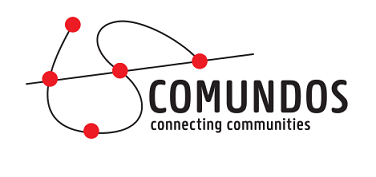Integrated Farmer Plan
In Burundi, the agricultural sector constitutes the national economic motor of the country and guarantees the nutritional security of our population. Agriculture is practiced in a traditional way in about 90% of the rural population.
With this method of traditional agriculture, it is the husband who decides how to develop the cultivated land without consulting his family. The wife and children should follow his orders as head of household.
With a population that grows at a rate higher than 3%, it is a big risk that the population could be vulnerable in regards to nutritional security.

To moderate this situation, we have put in place a new method that we call “Integrated Farmer Plan” (PIP).
It is an approach with which the husband, wife and children endow one another with a common future vision and plan their activities together to make this vision a reality.
Through this approach, we raise public awareness of the principles and values of the PIP.
We train them on techniques like plotting the curves in a new way, seed selection and other techniques.
After the training, the households combine their forces and abilities to improve production and trigger a sustainable rural development.
To arrive at this point, every household needs to sit down together and look at their strengths and abilities that they have and that they need to arrive at constructing a future vision.
After creating their own vision, we will support them with agricultural kits that they need to arrive at making their vision a reality.
In conclusion, I advise all of the rural population to use this method.
As a result, this method not only betters the agricultural production and household revenues but also reinforces social cohesion within the households.
This English translation has been possible thanks to the PerMondo project: Free translation of websites and documents for non-profit organisations. A project managed by Mondo Agit. Translator: Tania Mariani.
Edited: Andru Shively (VUB)
A gift for Comundos
Over the years, Comundos has helped remote communities around the world by teaching critical thinking, media literacy and the use of communication technology.
To do this effectively, we need your support for computers, translations, courses and social media management.
Thank you .
BE11 1030 2973 8248




